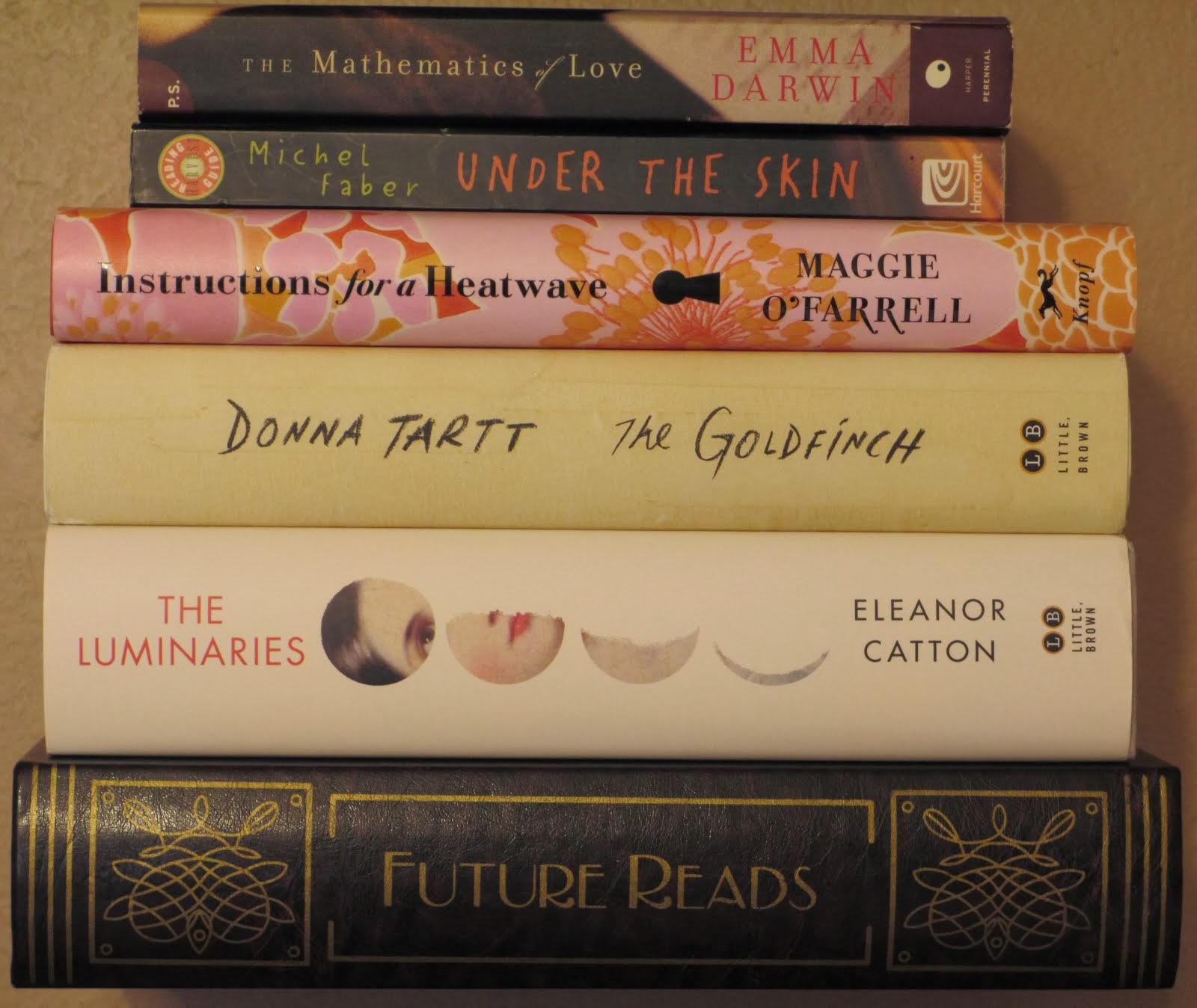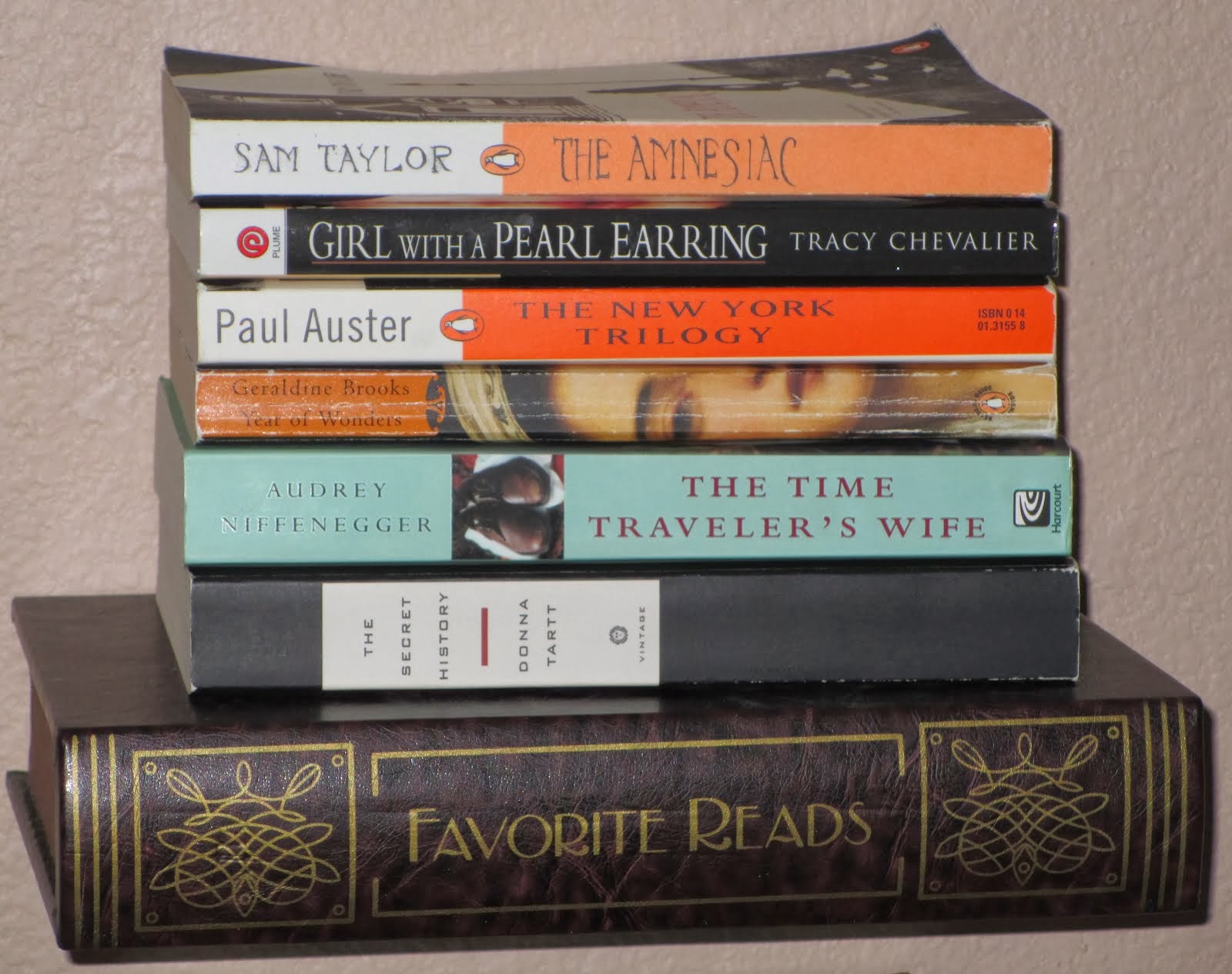Edgar Allan Poe is, to me, an intriguing and mysterious figure. From the rumors that surrounded him (alcoholism, drug abuse, insanity) to the somewhat strange but true aspects of his biography (he married his 13-year-old cousin) to his body of work (Wilkie Collins could have learned a thing or two from him about the creepiness factor!), I don't think anyone could call Poe boring. And yet I've never sought out a biographical work about him. I guess I'm too busy preferring fiction. So here's a good compromise: historical fiction.
But this book isn't that straightforward (as perhaps you might have guessed from the title). Like The Journal of Mrs Pepys or The Mists of Avalon, Mrs. Poe takes a well-known subject and gives it a fresh twist: it is narrated by the women involved. One great thing about this idea is the way it gives new life to an old story. And one way it gives new life to an old story is by embellishment. Where the information known about a topic is thin, an author is more free to invent her own details.
But this book isn't that straightforward (as perhaps you might have guessed from the title). Like The Journal of Mrs Pepys or The Mists of Avalon, Mrs. Poe takes a well-known subject and gives it a fresh twist: it is narrated by the women involved. One great thing about this idea is the way it gives new life to an old story. And one way it gives new life to an old story is by embellishment. Where the information known about a topic is thin, an author is more free to invent her own details.
When I first picked this book up, for some reason I assumed that it held a great deal of embellishment. But (with the help of Wikipedia) I discovered that this book is weighted much more heavily in fact than fiction. Yes, Frances Sargent Osgood was a real poetess and she really knew Poe and they really did have a relationship (or at least that's what everyone said) and everyone who was anyone in mid-1800s New York literary society was being consumed by consumption.
So, did Lynn Cullen do a brilliant job of telling this story? Well, here's where you'll realize that this is one of those crap blog posts I warned you about. I don't remember. I'm pretty sure I enjoyed reading the book, but I'm also pretty sure it wasn't one of my Most Favorite Books Ever. I'm certain I would have remembered if I'd loved it or hated it. I'm just going to have to assume it is worth re-reading and try it again someday.


















